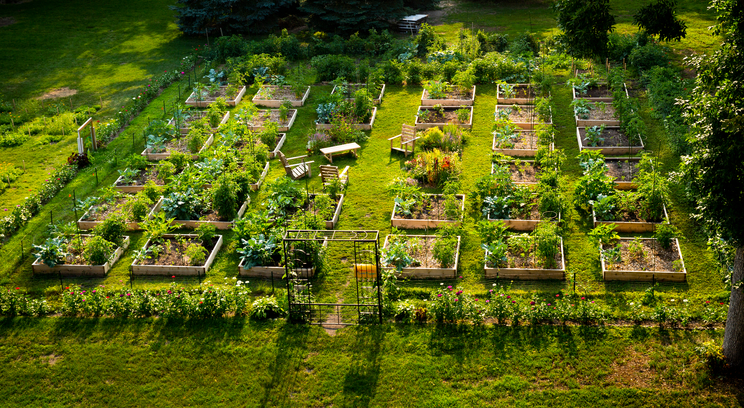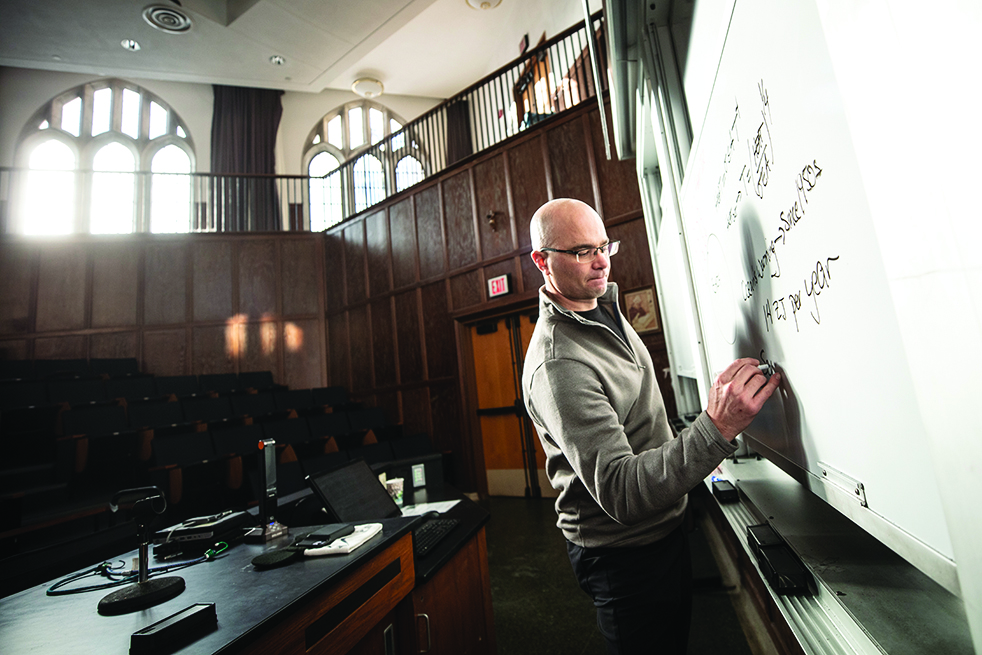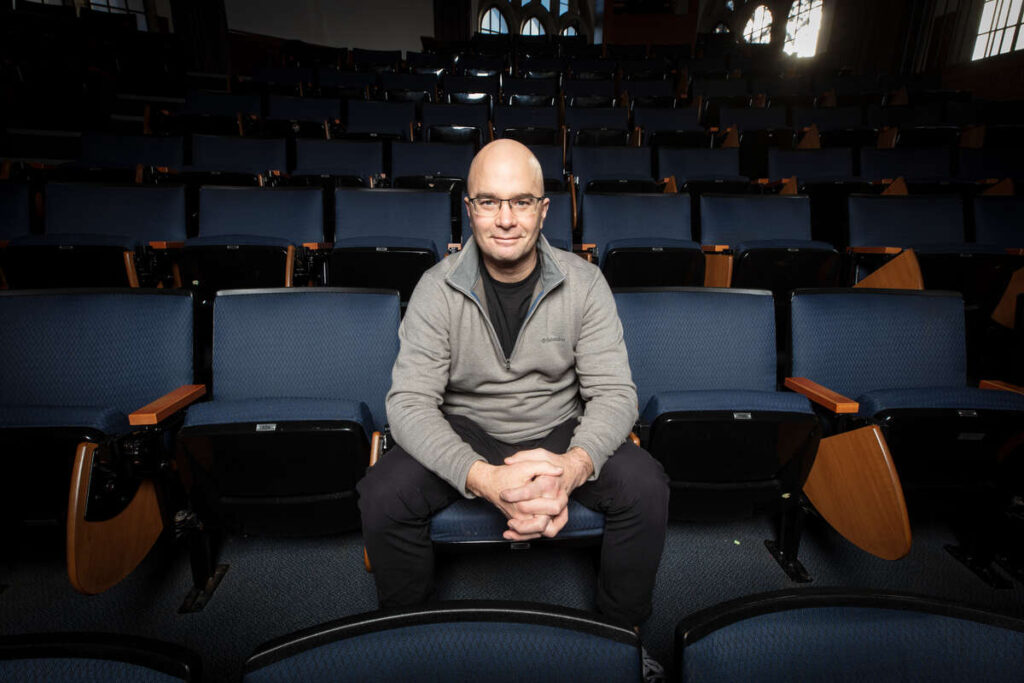The University of St. Thomas currently is reviewing how it can best organize and utilize its resources surrounding sustainability efforts both on and off campus. The Sustainability Committee has been placed on hiatus this academic year while that process happens, but sustainability efforts are still taking place across campus. A new sustainability structure, including a web page that will outline St. Thomas' sustainable efforts, will be introduced in the fall.
In the past, sustainable activities were coordinated by individual departments while the Sustainable Committee developed additional ideas. The committee's main activities were centered around topics such as: the president's climate commitment to be carbon neutral by 2035 and the associated carbon neutrality plan and tracking; idea generation for sustainable activities for other departments on campus to implement; and administration of a $50,000 fund to invent sustainable projects on campus.
"The new sustainability structure is intended to create a more thoughtful and impactful awareness of sustainability efforts on campus," said Mark Vangsgard, vice president for business affairs and chief financial officer. "As a result, students will have a more clear understanding of how they can get involved in these efforts - both in and out of the classroom."
Faculty, staff and student representatives currently are reexamining how sustainability efforts can be better coordinated and implemented, including discussing what to do with the sustainability fund. Some topics under discussion are:
- Monitoring and reducing institutional energy costs
- Coordinating the carbon neutrality plan and the annual energy audit
- Finding ways to support and encourage student sustainability research projects
- Providing efficient systems for recycling to minimize waste
- Integrating sustainability into the core curriculum
- Identifying sustainability components in existing classes across the university to facilitate advising
- Raising awareness about and reducing barriers to participation in academic sustainability work
- Purchasing from sustainable sources and minimizing those sources' distances from St. Thomas
- Educating students mostly through digital signage
- Minimizing waste
- Handling community questions on sustainability
- Educating off-campus students
- Minimizing energy use in traveling to and from campus
- Identifying communication channels to students and student sustainability groups
- Developing and providing ownership of existing activities, such as Earth Week, River Clean-up, etc.
- Coordinating volunteerism for activities such as neighborhood trash pick-up
- Developing student awareness of sustainability and environmentalism
While this process is ongoing, St. Thomas remains committed to sustainable efforts. Some of examples from this current academic year include:
- More than 50 courses across the university have been designated as SUST (as having a sustainability component).
- Fourteen municipal sustainability projects, involving 120 students in 12 courses across 10 disciplines, moved forward through the Sustainable Communities Partnership. (Posters from these projects can be seen in O'Shaughnessy-Frey Library rotunda throughout Earth Week.)
- Since 2012, the 32 raised beds of the Stewardship Garden have produced more than 8,000 pounds of fresh produce. The bounty has been donated to Neighbors Inc., a local food shelf.
- The university's new recycling program has reduced monthly garbage truck visits to campus from 192 to 29 per month, and has increased recycling by 10 percent.
- Seventeen electrical energy efficiency projects have been funded, resulting in annual savings of 1.7 million kWh – the equivalent needed to power 161 homes.
- Eighteen natural gas energy efficiency projects have been funded, resulting in an annual savings of 127,000 therms – equivalent to 142 passenger vehicles being driven in a year.
- The university has received $211,000 from Xcel Energy in energy efficiency rebates for completing projects that reduced energy consumption for St. Thomas facilities.







